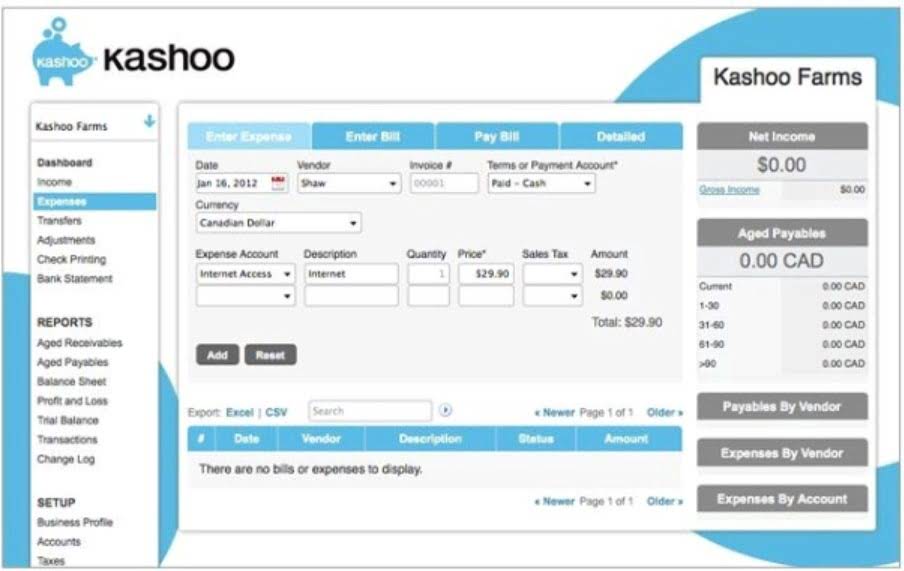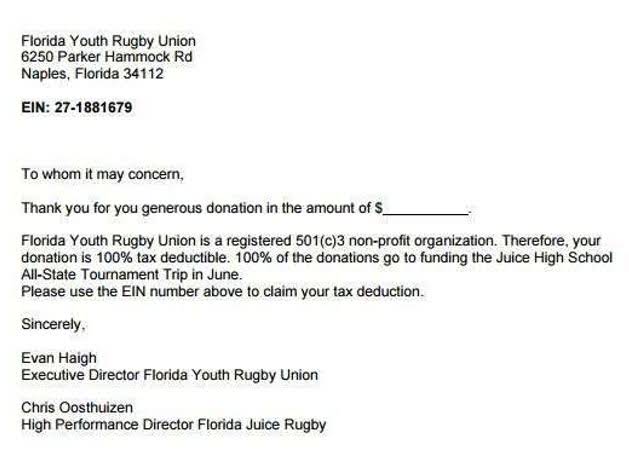
The Prudent Investor Rule differs notably from the Prudent Man Rule in that the new standard dispenses with the concept of inherently prudent or imprudent types of investments. Instead, the trustee is expected to establish an investment policy that appropriately balances the risk and return objectives for the trust’s investments. Thus, the main consideration for trustees under the Prudent Investor Rule is the tradeoff between risk and return for the entire portfolio of assets owned by the trust. When the grantor of a trust selects a trustee, he commonly names a family member, friend, or trusted advisor.

Ensuring Trust Account Security and Integrity

Contact us to explore how SurePoint can help you manage your trust accounting needs. Non-compliance with these rules can result in penalties, disciplinary action, and, in severe cases, disbarment. Keeping up with these regulations requires law firms to stay vigilant and continuously monitor trust account activity. Essential documentation includes bank statements, reconciliation reports, client trust ledgers, receipt books, deposit slips, and supporting documents for all transactions. A Trust account is actually a checking account opened by the law firm to secure the retainer received from the client.

Business Solutions
What makes the best accounting firms thrive while others struggle to keep up? We analyzed our top 20 TaxDome firms, representing over $100M in combined revenue, to uncover the strategies driving their success. We follow strict ethical journalism practices, which includes presenting unbiased information and citing reliable, attributed resources. The articles and research support materials available on this site are educational and are not intended to be investment or tax advice. All such information is provided solely for convenience purposes only and all users thereof should be guided accordingly. For information attorney trust account pertaining to the registration status of 11 Financial, please contact the state securities regulators for those states in which 11 Financial maintains a registration filing.
Ethical Considerations in Trust Accounting and Reporting
It is crucial to follow the trust agreement’s guidelines and maintain accurate records of all disbursements. Segregation of trust funds involves keeping trust assets separate from personal or business assets. This practice is vital to prevent the misuse or misappropriation of trust funds and to ensure the proper administration of the trust. A&M trusts offer a balanced approach to providing for minor beneficiaries, combining flexibility for trustees with structured support for beneficiaries, thereby playing a crucial role in effective estate planning. Regularly review and reconcile transactions to catch any discrepancies early.

Serving as a trustee requires a wide range of knowledge in a number of different areas and carries with it substantial risk of potential liability. Following the best practices discussed above will help an individual trustee mitigate liability and will likely generate better results for the beneficiaries. Essentially, this means that the trustee should avoid conflicts of interest between the trustee’s own interests and those of the beneficiaries. The trustee should not enter into any transactions on behalf of the trust from which the trustee would personally profit. The trustee should also act to avoid even the mere appearance of impropriety. With over eighteen years of experience in financial services and technology, Paul’s goal is to help lawyers solve their IOLTA/IOLA management challenges.
- One of the fundamental principles of trust accounting is to keep client funds separate from business or personal funds.
- For example, IOLTA accounts may direct interest payments towards legal aid services.
- Accordingly, most of the fiduciary liability for the investment of trust assets is shifted from the trustee to the investment manager.
- A trustee will almost never regret documenting a decision or communication but may well regret a lack of documentation.
- Understanding Accumulation and Maintenance Trusts is essential for effective estate planning, allowing for the structured management and distribution of assets for beneficiaries up to a specified age.
Revocable Trust Fund
In addition to the UK, similar trust structures exist in other countries, such as the United States, where accumulation trusts serve comparable purposes in estate planning. These trusts facilitate the flexible management of trust assets, enabling trustees to optimise benefits for beneficiaries while adhering to local legal and tax regulations. Once your trust account is open, the next step is to deposit the funds you’ve collected from clients—this may include security deposits, advance rent, or Legal E-Billing reserve funds. Each deposit should be accurately documented, and client funds should be held separately from operational accounts.
Bank Statements and Record Keeping
- Fortunately, in this digital era, there are tools to help your firm manage trust accounts in a simple way that complies with industry standards.
- Proper record-keeping is essential for maintaining transparency, accountability, and legal compliance in trust accounting and reporting.
- Mismanagement of client funds is a common reason why legal professionals face disciplinary action, potentially including disbarment.
- This flexibility allows trustees to manage the trust’s tax obligations effectively, ensuring that CGT is only applied when most beneficial.
- Attorneys can quickly access the details of any trust transaction, making it easier to respond to client inquiries or internal audits.
Every net sales minute an attorney spends managing an IOLTA/IOLA account is a minute they can’t spend practicing law. At the same time, the protection and proper management of client funds is incredibly important. Mismanagement of client funds is a common reason why legal professionals face disciplinary action, potentially including disbarment. Trust account management is often thought to be complicated and intimidating. Most attorneys and legal professionals don’t receive adequate training on managing trust accounts, although the consequences of mismanagement can be dire.
